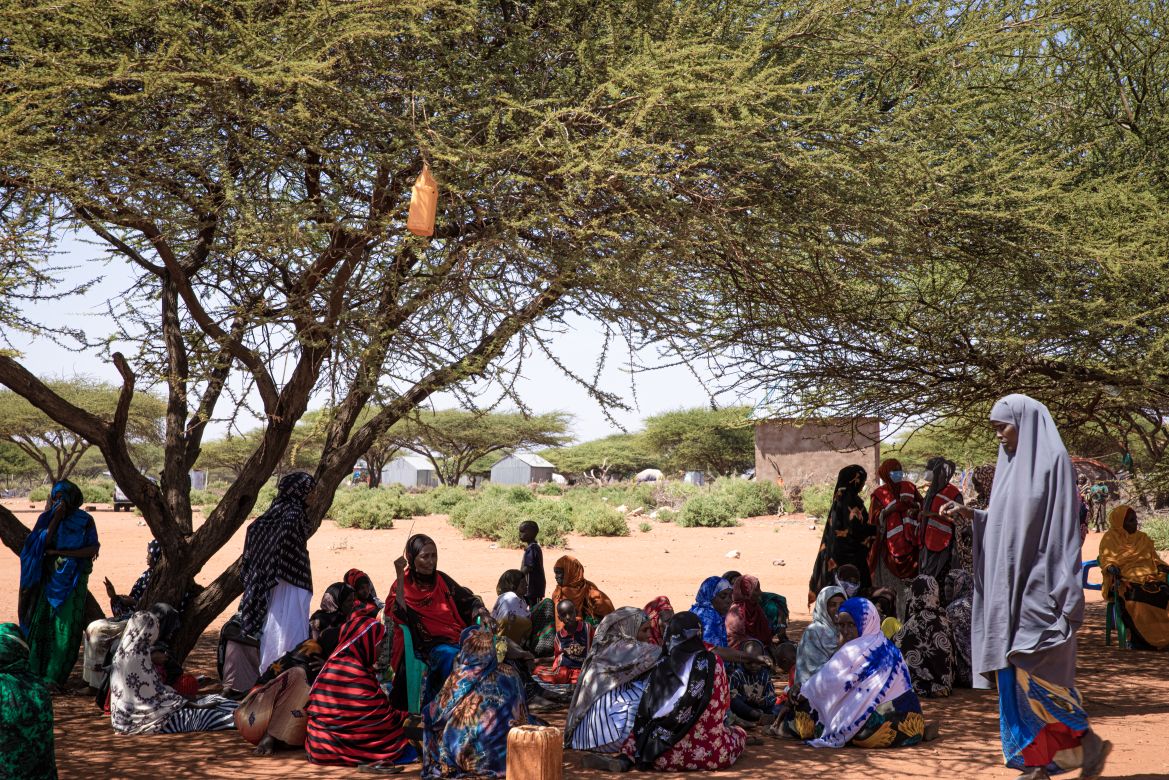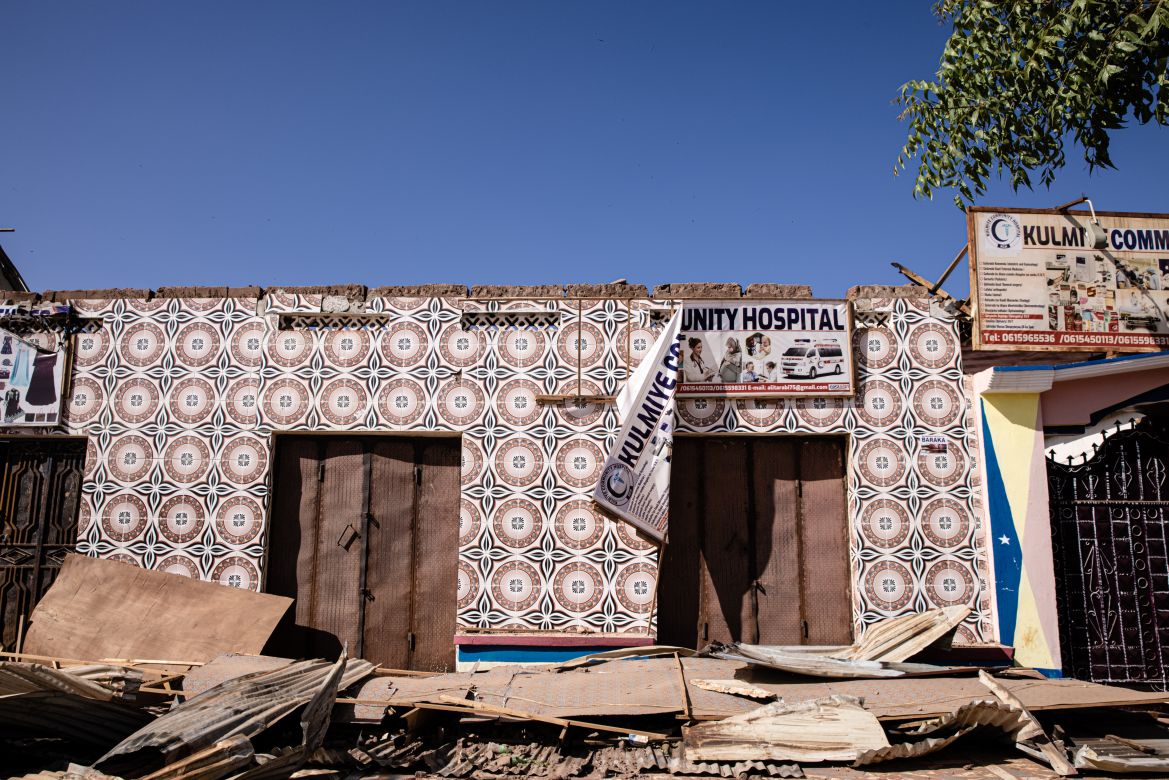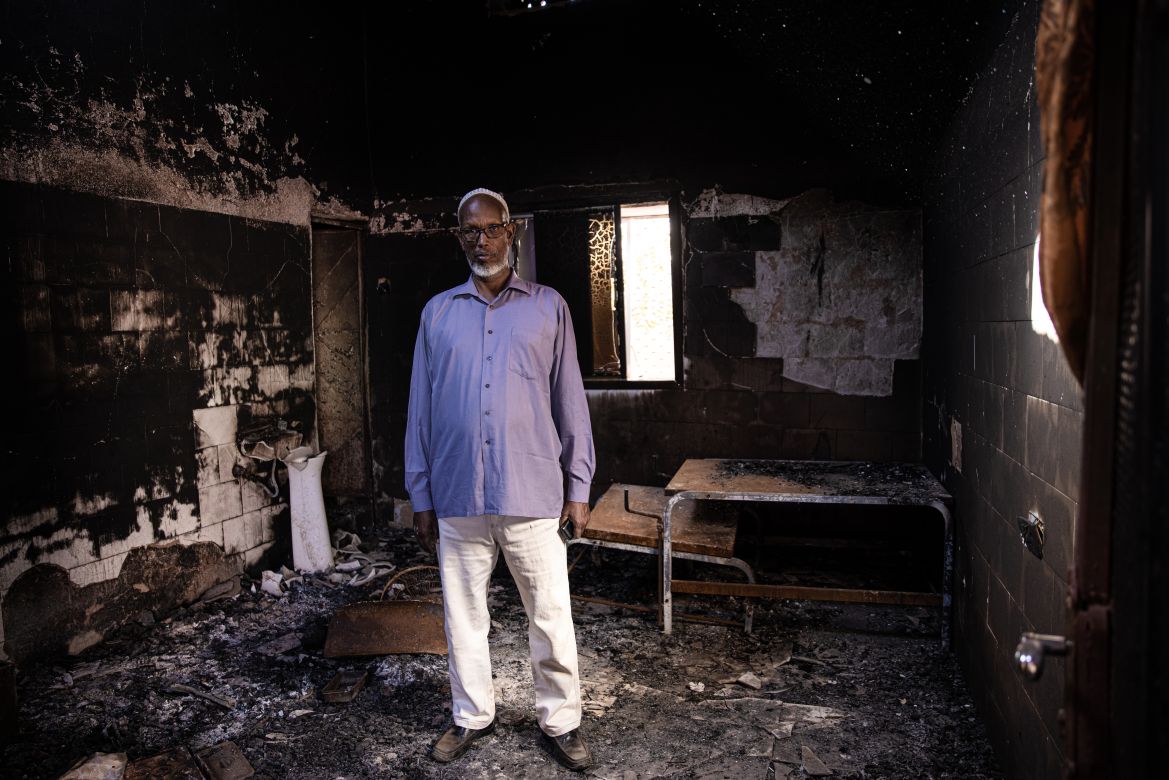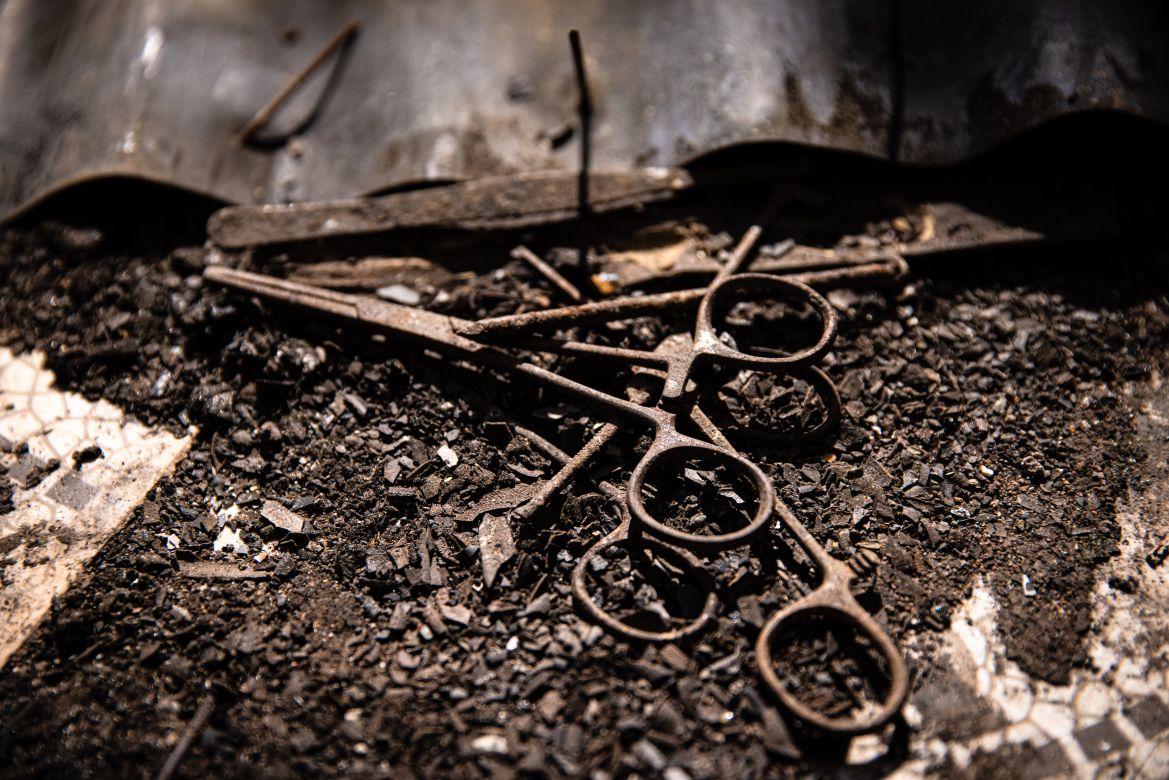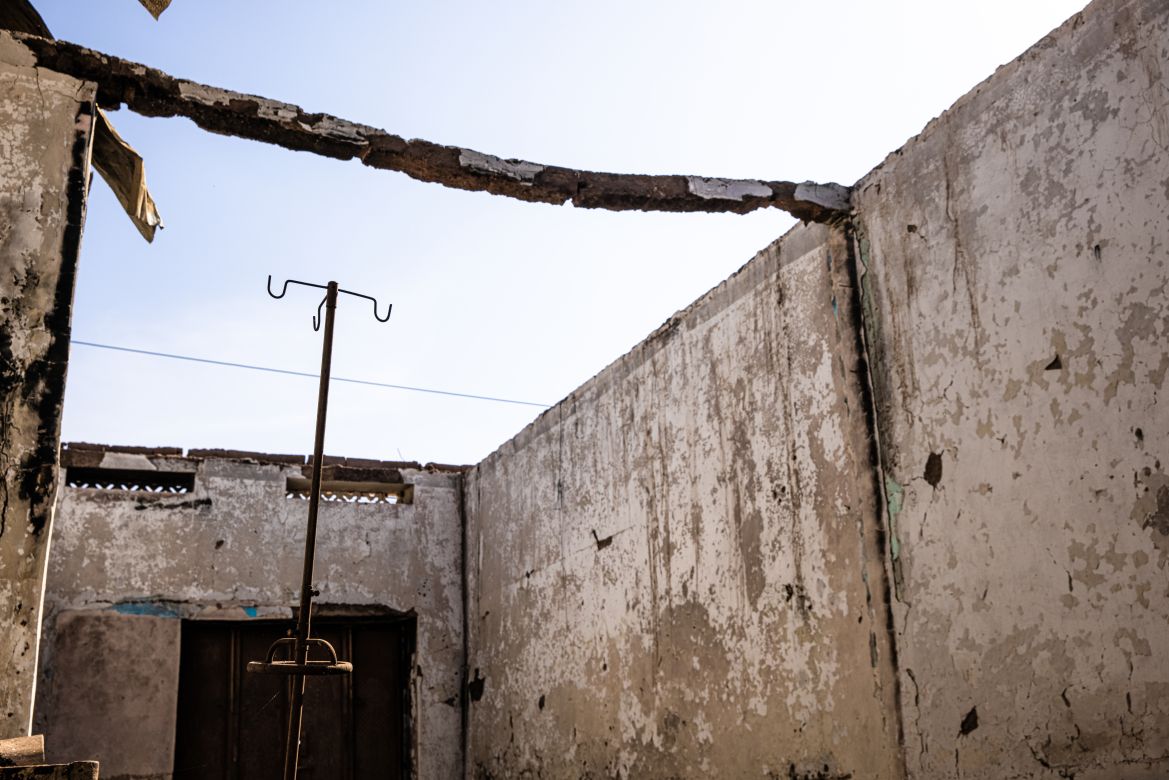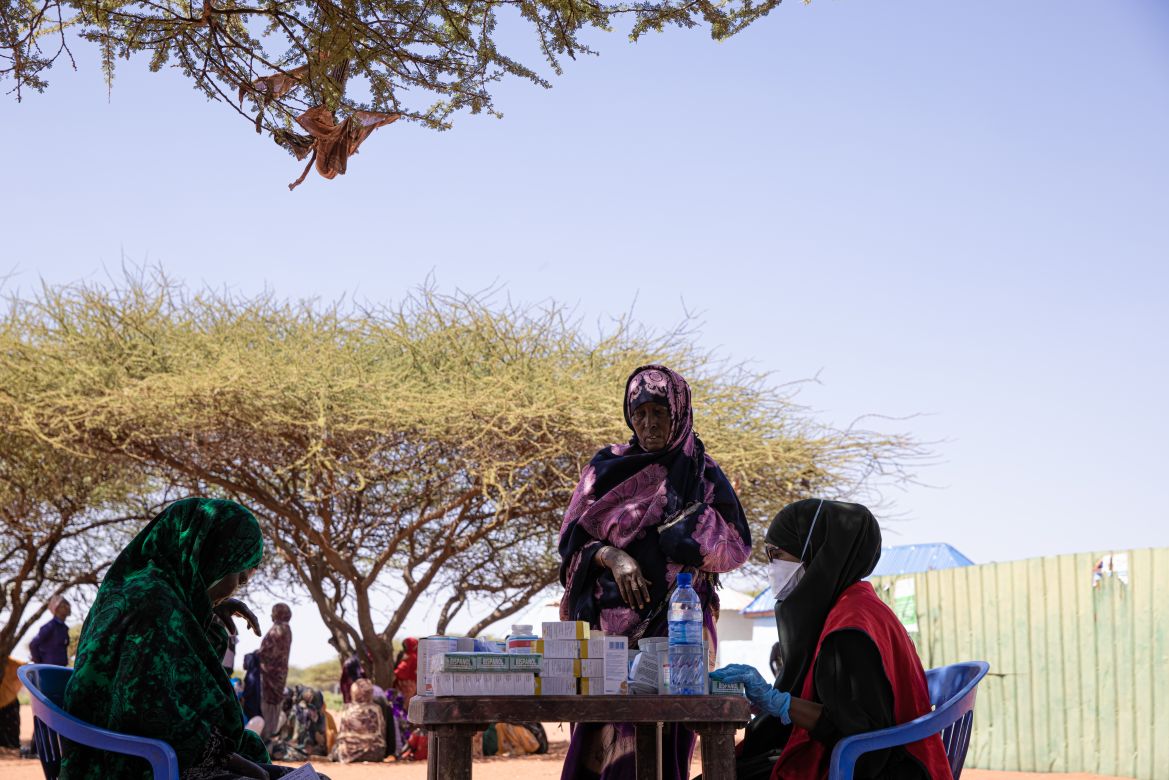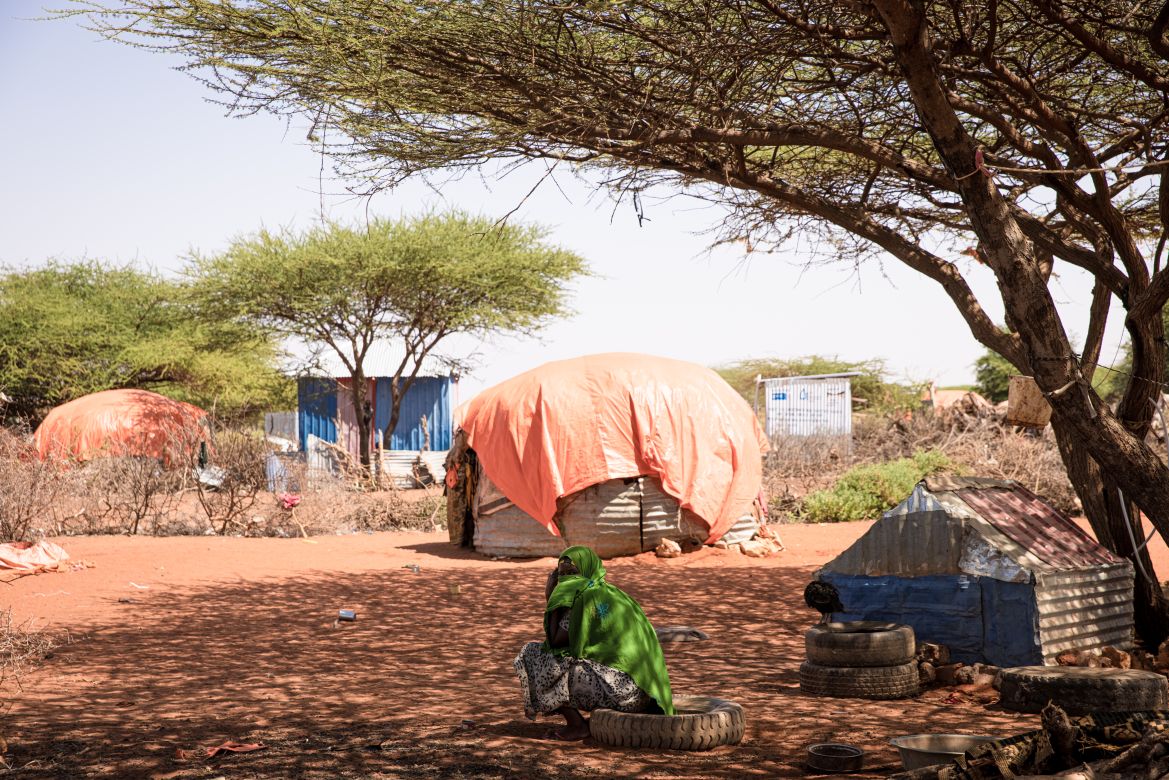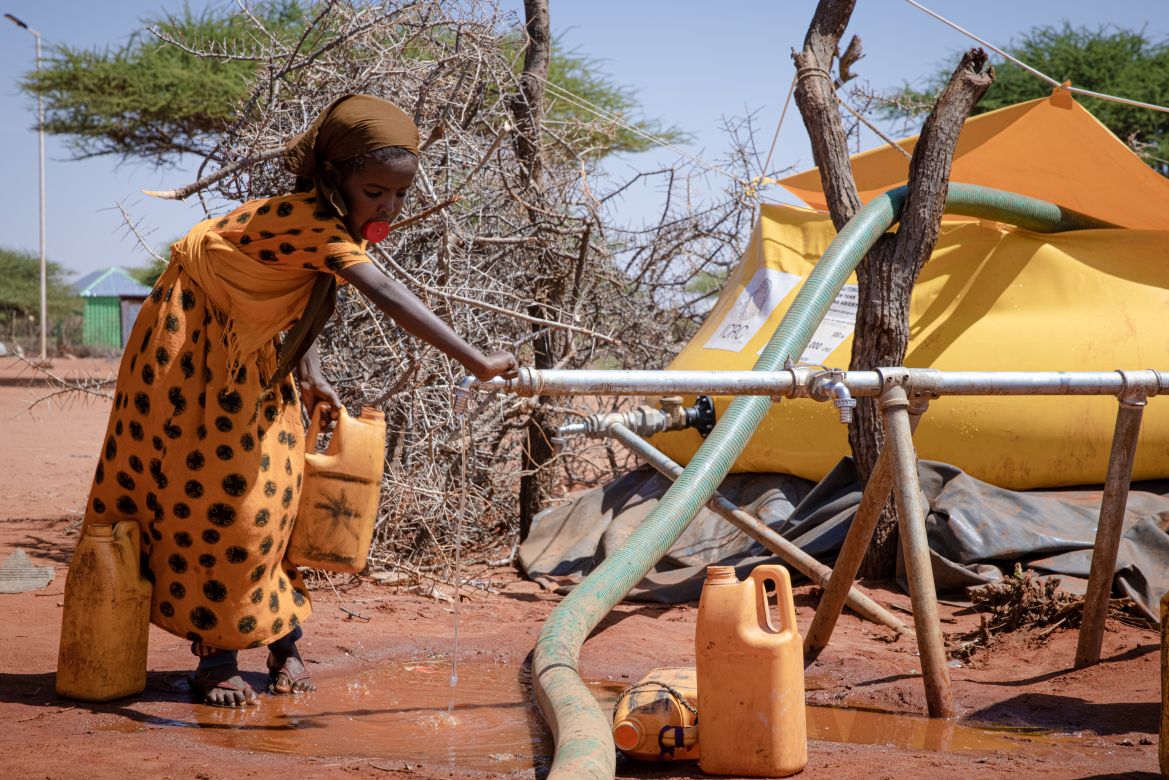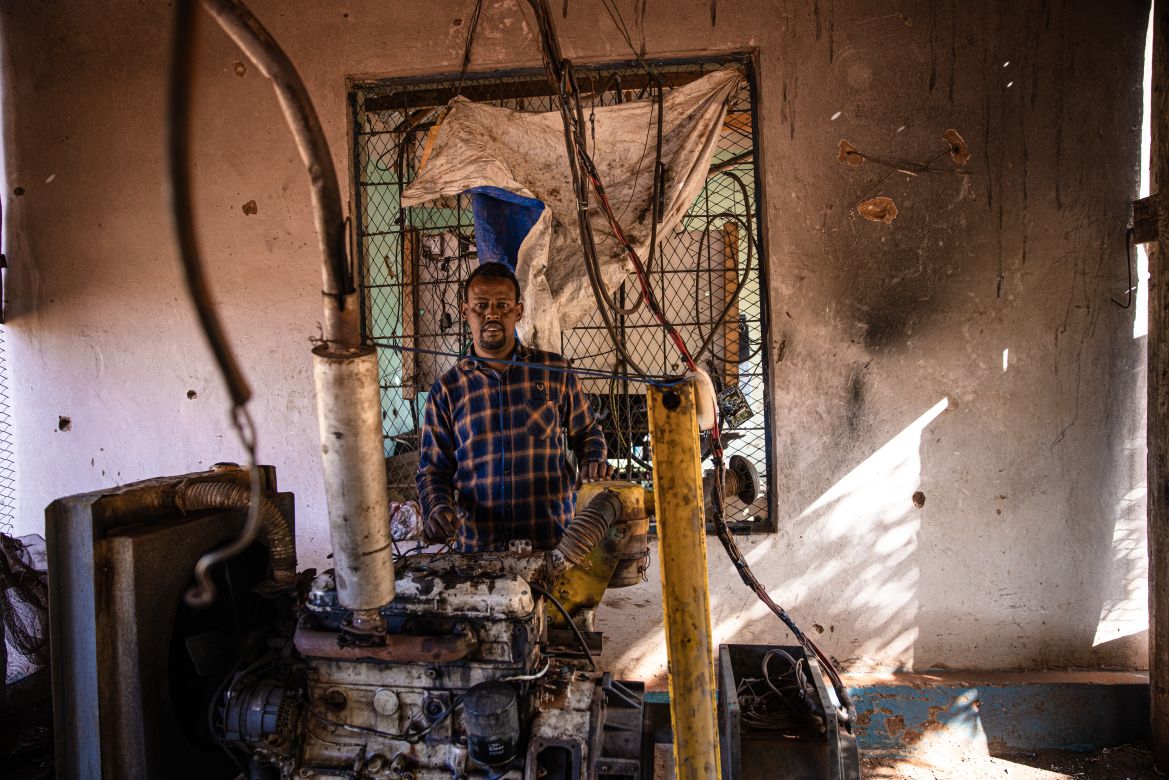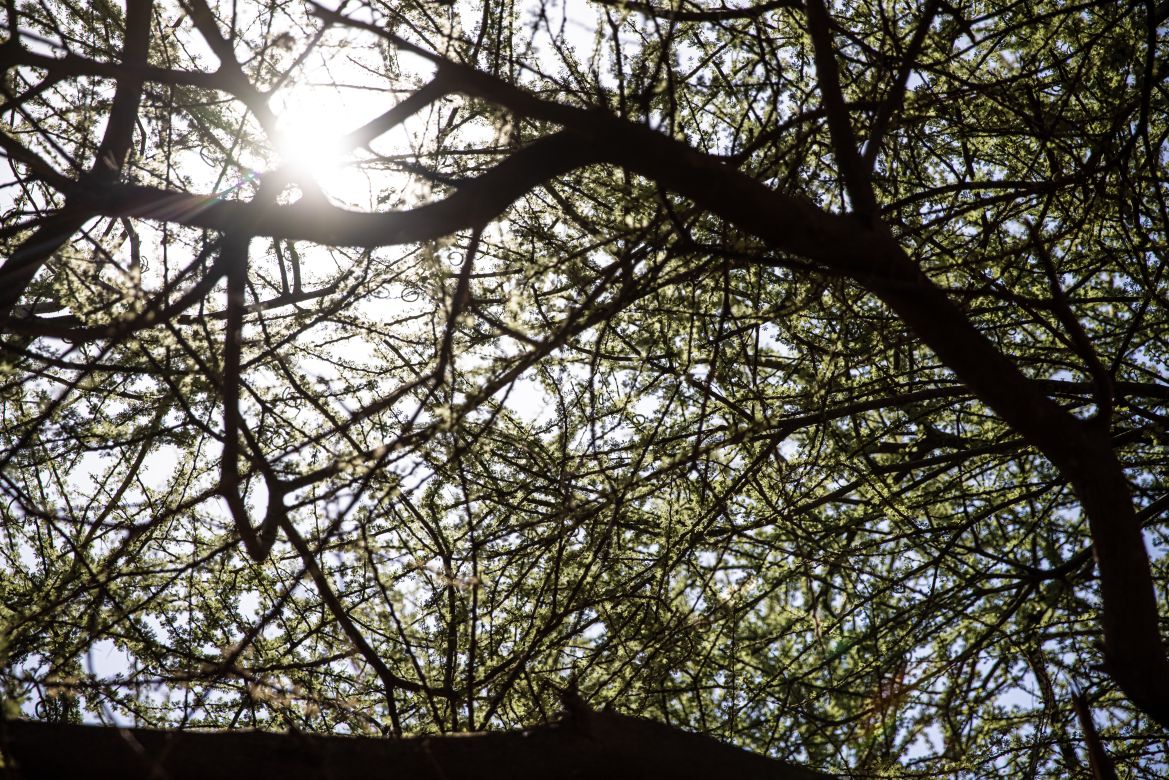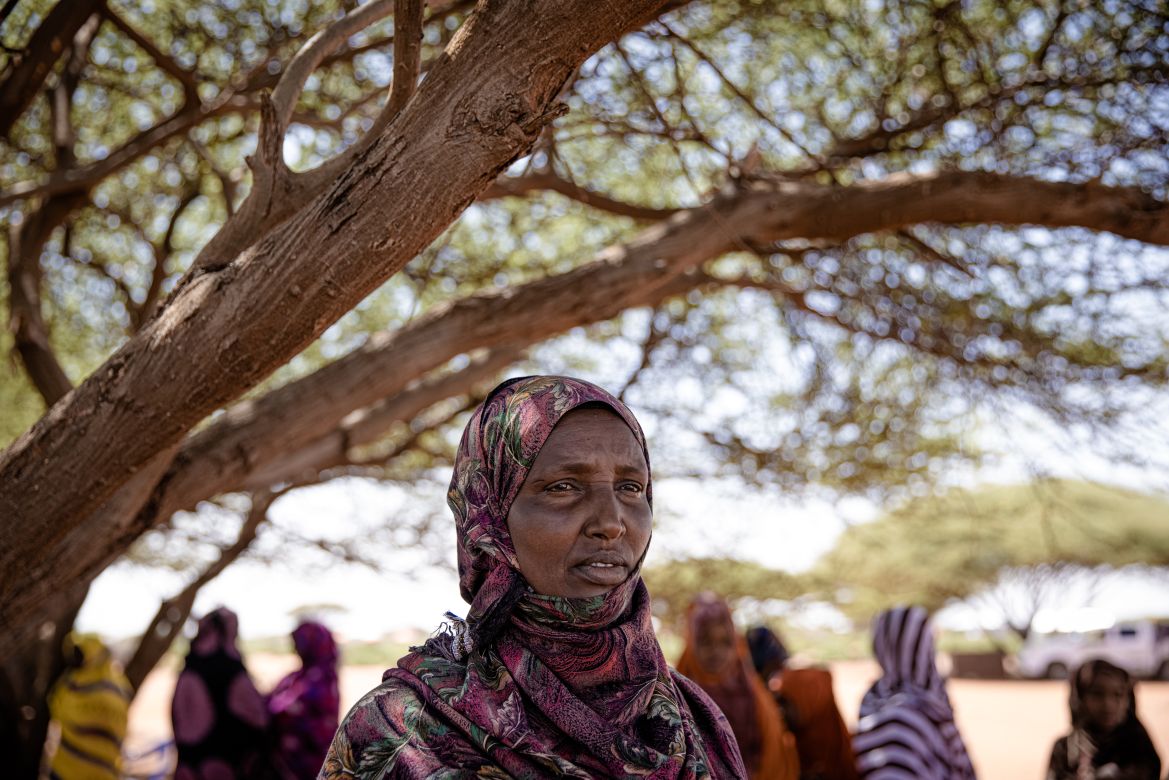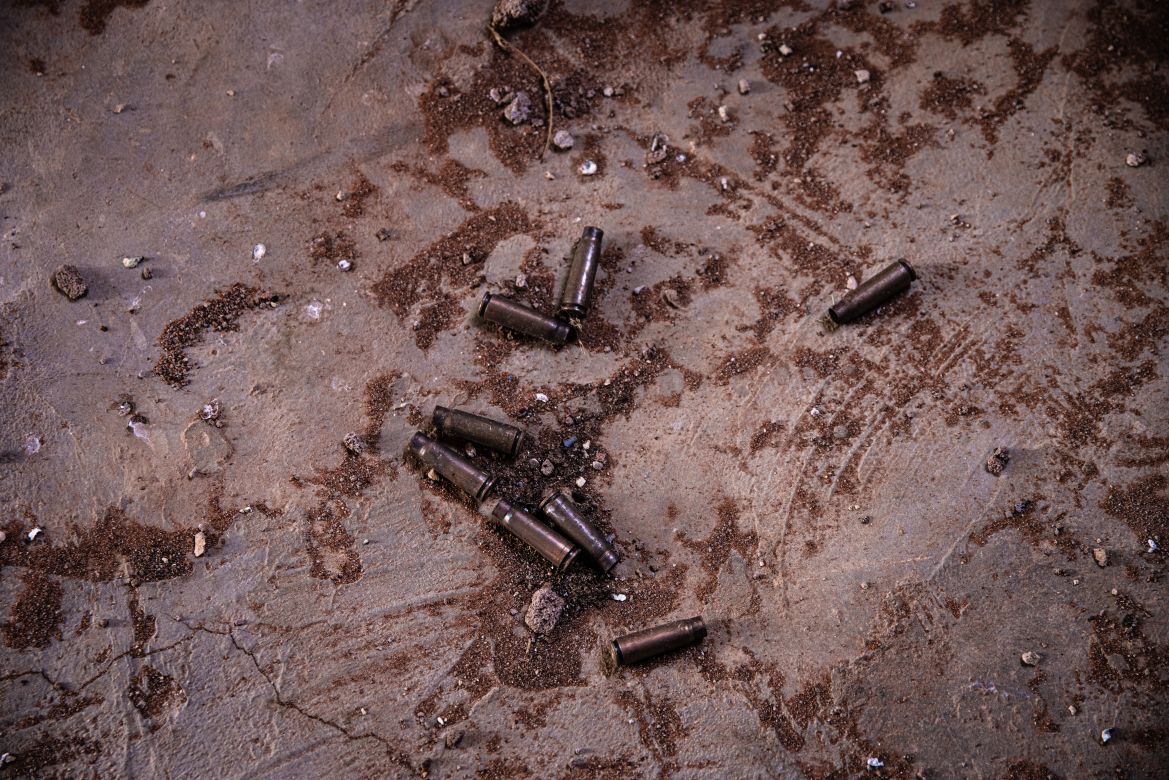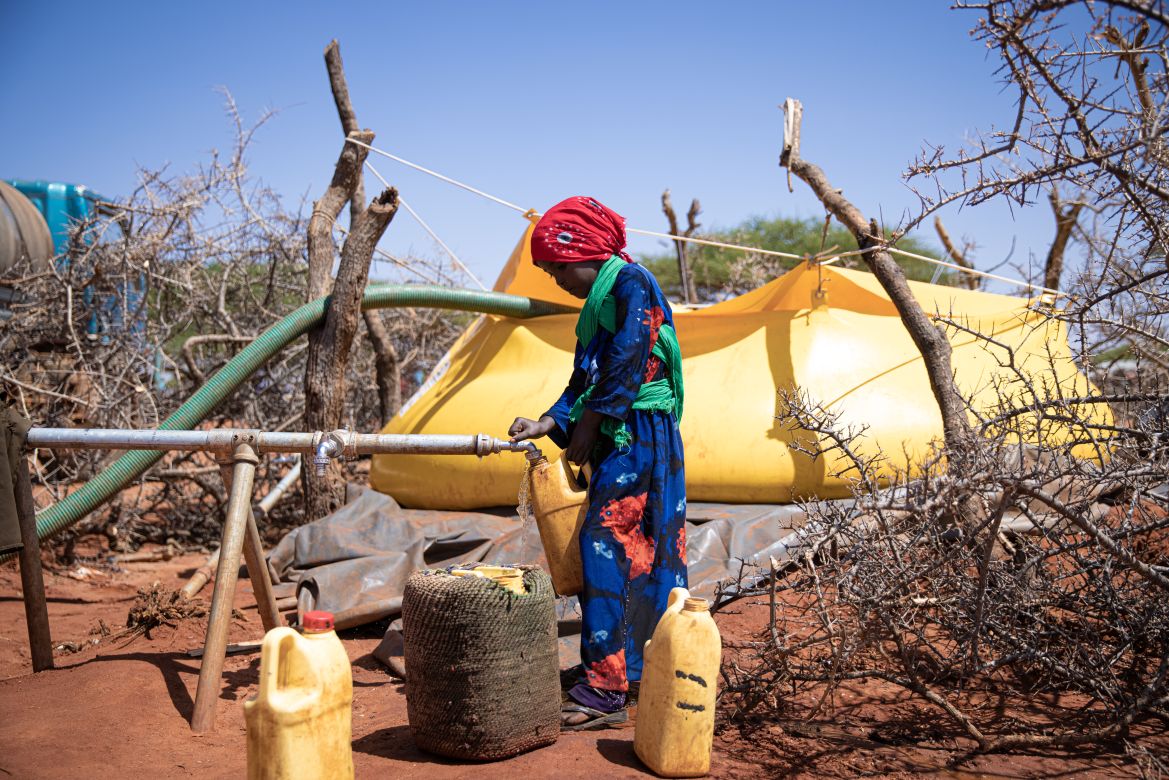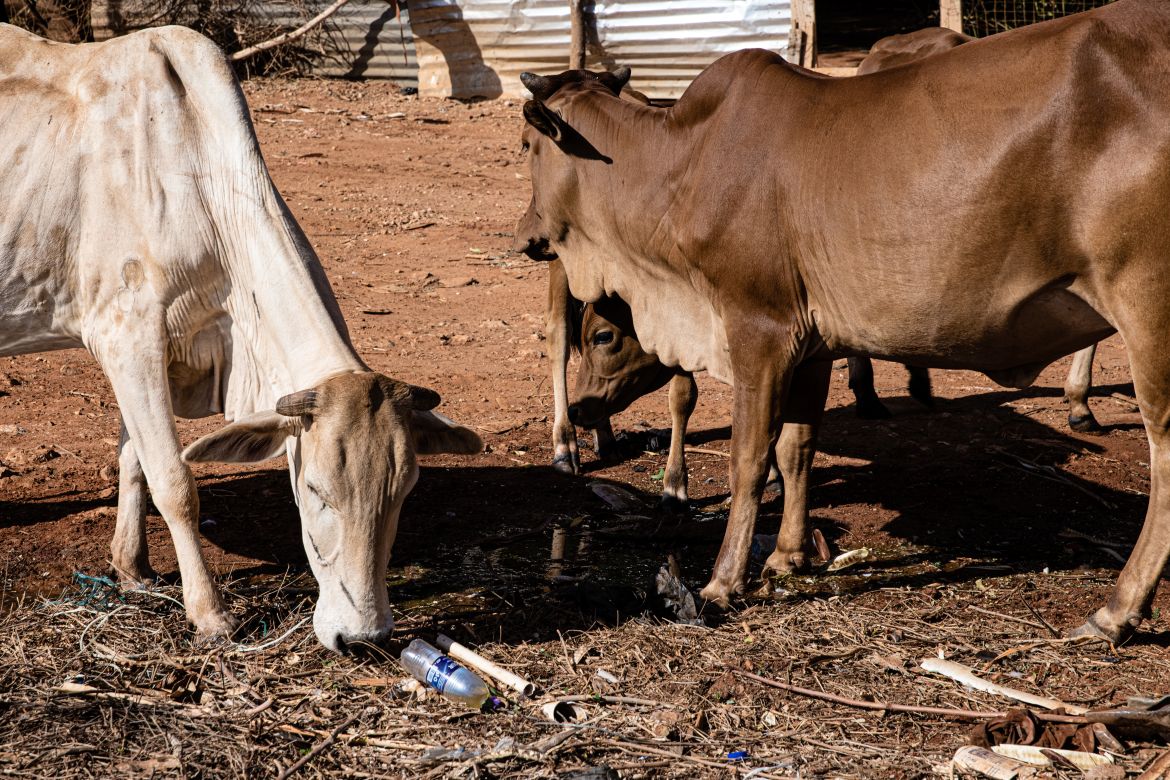In Pictures
Somalia: Caught between drought and fighting
Scars left by the fighting remain in Guriel, but it is the drought that weighs heavily on people’s minds.
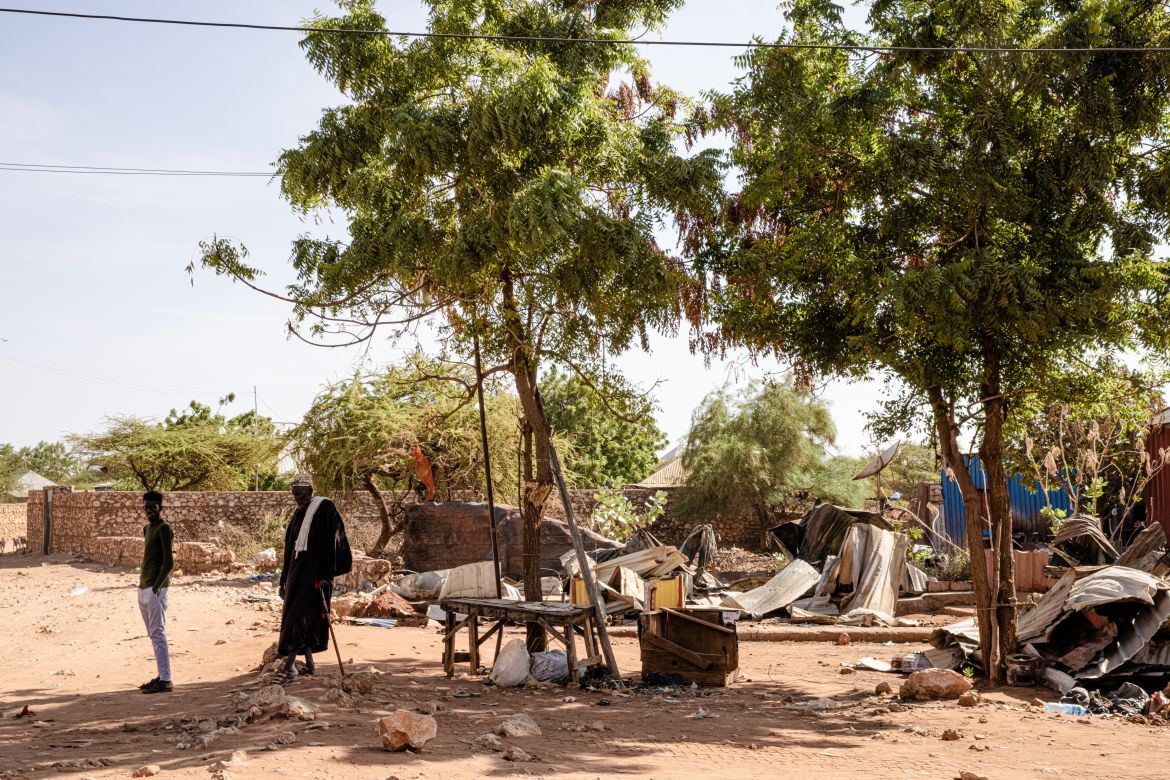
Guriel, Somalia – More than 300,000 people in Somalia’s Galgaduud region have been affected by a severe drought that has gripped most of the country and forced the federal government last month to declare a state of emergency.
“There is not enough food, not enough water,” says Deeko Adan Warsame, the chair of the women’s council of Guriel, a town of some 100,000 people in Galgaduud.
Late in October, the first rainfall in many months came to Guriel, bringing hope to its inhabitants. It also attracted many people who came here from other places – as far as neighbouring Ethiopia – along with their animals in search of food, water and pasture.
But as the drought seemed to be giving a short respite to Guriel’s residents, the conflict tightened its grip on the town. At the end of October, heavy fighting broke out between the Somali National Army and Ahlu Sunnah Wal Jama’a group, killing dozens and forcing people to move again, this time out of town. Some 100,000 people fled to neighbouring villages.
Intense shelling damaged several buildings, including Guriel’s main hospital, Istarlin. The Kulmiye Community hospital, the second-largest in the town, was destroyed in a fire. Its medical wards now stand empty and roofless, with charred walls and heaps of corrugated metal lying on the floor.
“I don’t find words to describe what I feel when I look at the hospital turned into rubble,” says Mohamed Sheikh Ahmed, who oversees operations in the area for the International Committee of the Red Cross (ICRC). “The fighting may be over now, but we will feel its consequences for a long time.”
Another vital facility heavily damaged by the fighting was a local borehole, whose two generators stopped working after they were hit by bullets. The borehole provided water to thousands of people and their animals. Water is the most precious resource in the region and the pressure on it is growing, as more people arrive from other areas displaced by the drought.
“You can run away from the fighting, but you can’t escape from the drought,” says Warsame. “We have missed three rounds of rain already.”
